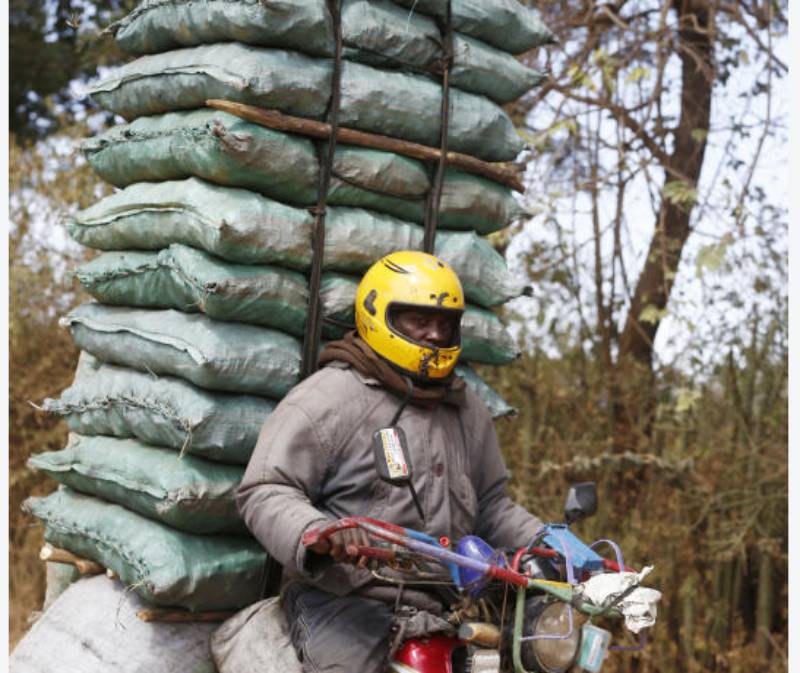×
The Standard e-Paper
Kenya’s Boldest Voice

Paul Maina has converted his motorcycle into a mobile shop, which he has used for many years to reach customers in Kibos, Kisumu County. [Denish Ochieng', Standard]
When former President Mwai Kibaki encouraged growth of the boda boda sector, he had in mind the thousands of youth who would be gainfully employed thus helping them contribute to the country’s development.